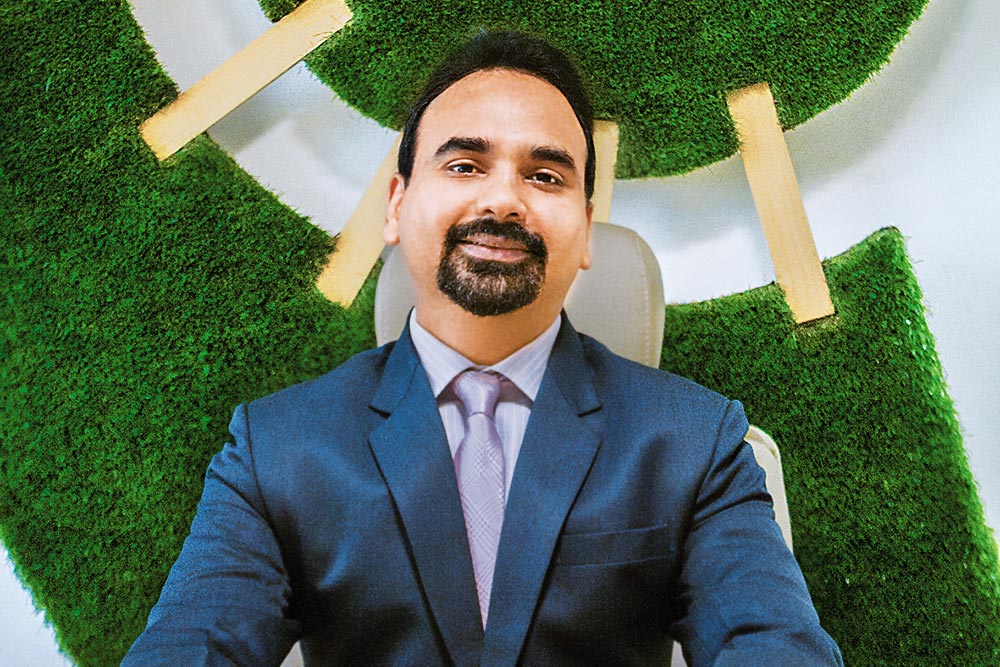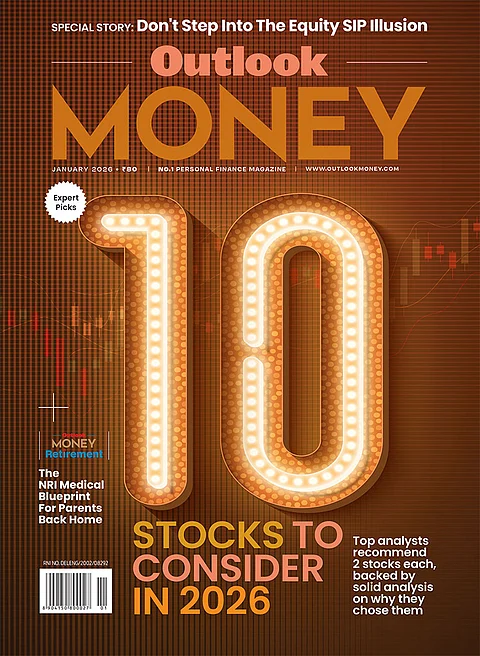Conservative investors are in a difficult situation. Low returns may be fine, but nobody wants negative returns. In a low interest rate regime, when the fixed deposit rates are hovering around 5 per cent and the inflation rate is higher, conversative investors are essentially losing their money as the real rate of return is negative. This is at a time when most people are boasting of their stock market returns.
As investors, we often fall prey to our own behavioural biases. At a time when the stock market is steadily rallying, it is close to impossible to trim equity allocation because the investor fears on missing out potential gains if the market rally continues. Conversely, if any investment calls for booking losses, that again turns out to be challenging as one hopes that there will be a change in fortune in the near future. Because of our inability to take decisions at such times our portfolios tend to underperform in the long run.
So, be it a conservative investor or otherwise, one should consider the balanced advantage category of funds. Balanced advantage funds (BAFs) are a type of hybrid fund category that diversifies your investment between equity and debt as per the market valuations. Through this offering, an investor gets the opportunity to get a taste of the equity flavour while, at the same time, the downside is protected due to the presence of debt in the portfolio.
Almost every fund house today has a BAF offering. Each fund house has its own unique approach in terms of portfolio creation and asset allocation. Some funds have aggressive equity allocation while some others are conservative in nature. Furthermore, many of these offerings are model based in an attempt to get the fund manager bias out of the way. In order for these schemes to have an equity taxation benefit, fund managers rely upon derivatives and arbitrage strategies as a part of equity allocation.
WHICH TYPE OF BAF TO INVEST IN?
Over the last one year, the Indian equity markets have steadily climbed every wall of worry on their way and have broken new ground in terms of market highs. However, no one can be too sure of the road ahead. While the economy is on a mend, the persistent rise of inflation, along with the crude prices hardening, there could be some testing times ahead. Also, one does not know how the markets will react to any act of the US Federal Reserve starting with its tapering exercise. So, we could be in for some testing times.
At a time when equity valuation is expensive, it is best to take a conservative approach to allocation. As a result, if you have invested in a BAF which tends to have high allocation to equities, one could be in a tough spot when the market changes gear. Also, it does not hurt to be a bit prepared for any eventuality. Hence, it is best to opt for a BAF which is dynamically managed in a conservative manner.
There are several offerings within the BAF category and each is unique in the way it is managed. Some of the conservative funds follow a model-based approach when it comes to deciding on the asset class to invest into, while some others are momentum based or largely static in nature. In an up-trending market like the one currently, BAFs that have higher equity allocation seem to be better placed in terms of performance. However, the true test of the offering can be only gauged across a complete market cycle.
If you are an investor who is looking for asset allocation, then the prudent choice would be to consider BAFs that are conservatively managed. In such a fund, the equity allocation reduces as the market valuation becomes expensive. This is done by booking profits in equity and deploying the same in debt. Owing to this approach, an investor gets to truly ‘buy low’ and ‘sell high’. Also, such an approach ensures that your portfolio volatility is minimal even in case if the equity markets were to face a correction or there is a spike in volatility.
To conclude, if you wish to invest in the existing market scenario, opt for investing in a balanced advantage fund with lower net equity level.
Shalab Gupta Bibhab, Founder, Bibhab Capital







